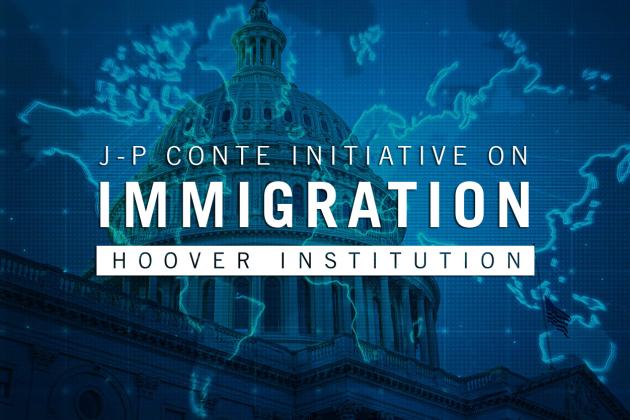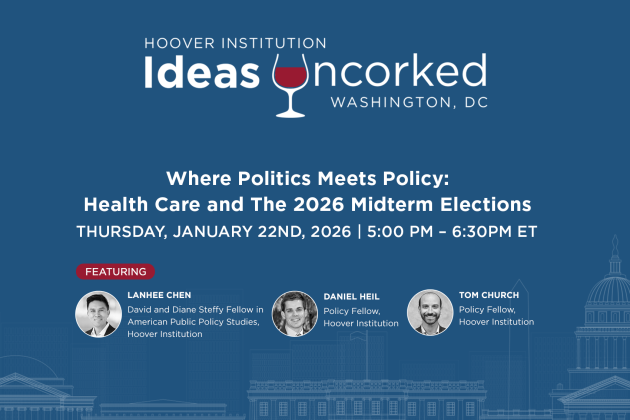PARTICIPANTS
Mike Boskin, Andrew Crockett, Joe Grundfest, Rick Hanushek, Chad Jones, Pete Klenow, Ken Scott, Martin Schneider, John Shoven, George Shultz, Johannes Stroebel and John Taylor
ISSUES DISCUSSED
Lee Ohanian, Professor of Economics at UCLA, addressed the group on the topic “Depressions, Crises, and Economic Policy: The 1930s and Today.” Ohanian began his presentation by documenting that during both the economic crisis of the 1930s and the recent economic downturn, labor market indicators such as employment per capita failed to improve during the recovery period. He attributed this to a labor wedge, arguing that the key to understanding both episodes was to focus on labor market distortions, which are important in explaining both the employment declines and the subsequent recovery failures.
Ohanian then provided evidence for a number of policies, such as the National Industrial Recovery Act of 1933, which restricted labor market competition and pushed wages above the market-clearing wage during the Great Depression. He argued that both Hoover and FDR believed that too much competition was a bad thing, explaining their support of cartels in many industries. In addition, they persuaded industry leaders to not cut wages in the initial years of the Depression, claiming that this would help keeping the peace with the unions. The distortions created by such policies prevented a quick labor market recovery. Ohanian also addressed a number of textbook beliefs about the Great Depression, arguing that contrary to conventional wisdom the 1930s recession was immediately severe and started before monetary contractions and banking panics.
Ohanian then argued that the recent recession similarly saw a large decline in employment, and a big gap between the marginal rate of substitution and the marginal product of labor. He conjectured that increased unemployment benefits could have contributed to this development and called for more work on understanding recent labor market distortions.









